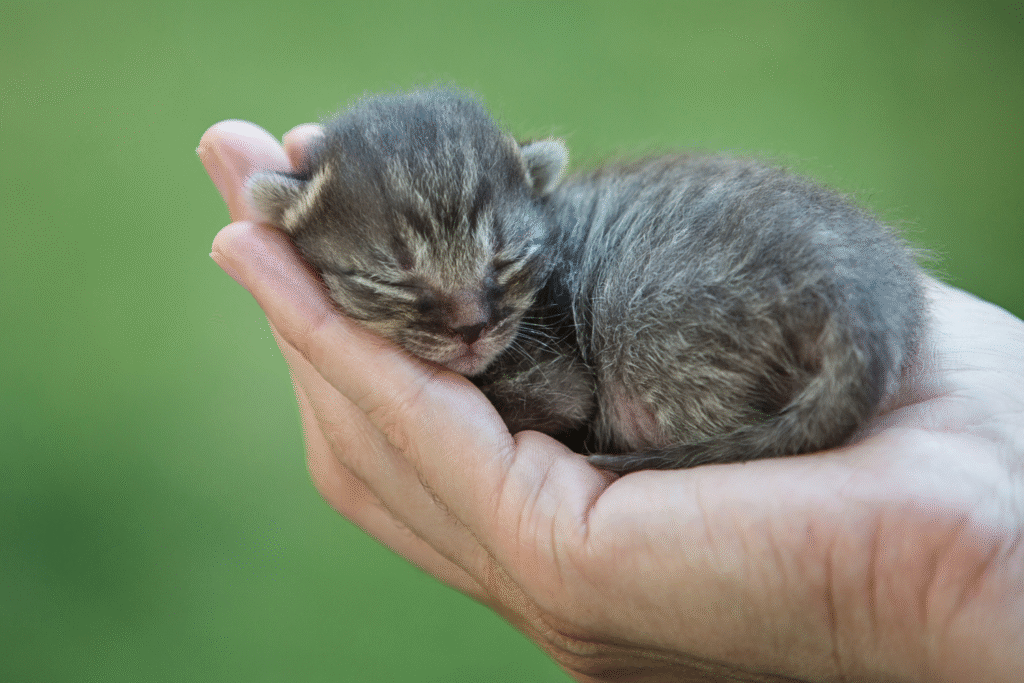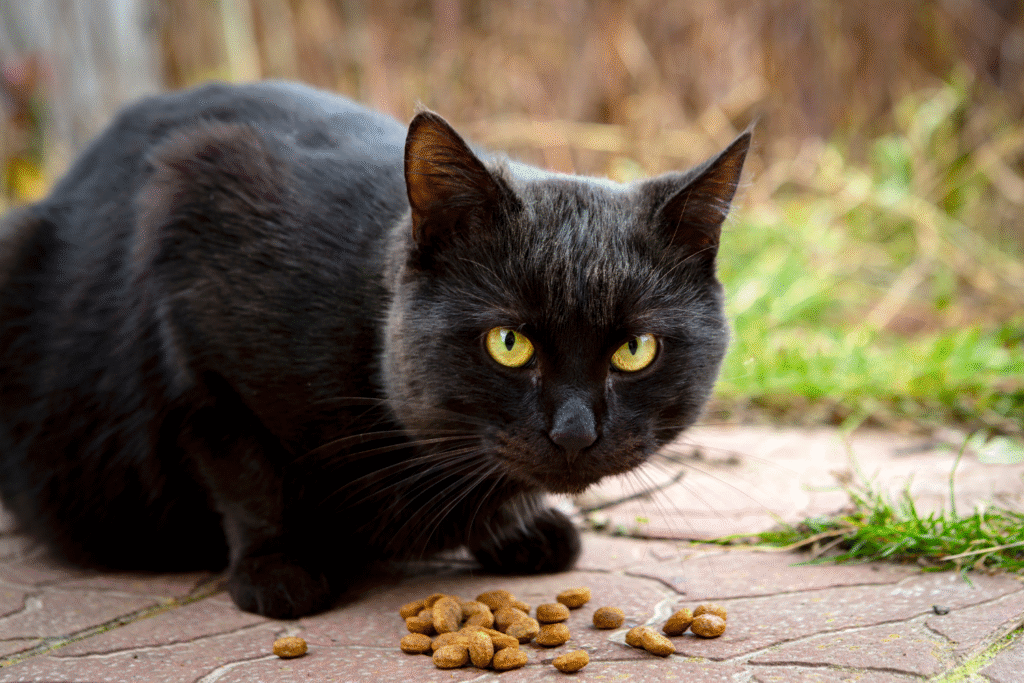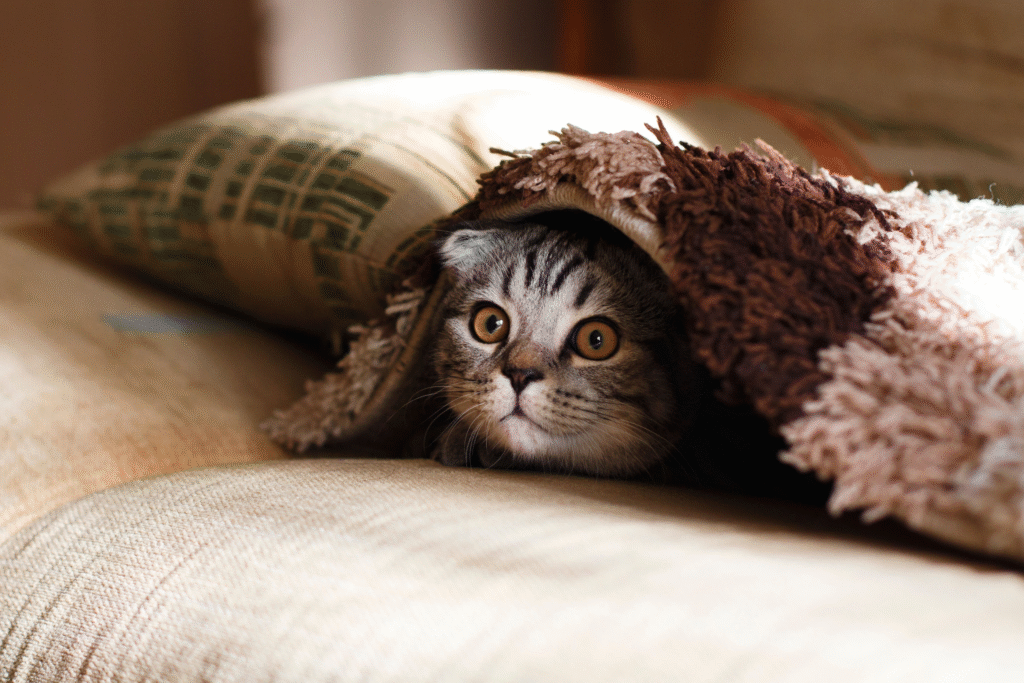Feline attachment styles mirror human emotional patterns perfectly.

The stereotype of the aloof, antisocial cat is officially dead in the water. Groundbreaking research has revealed that our feline friends are far more social, emotionally complex, and stimulation-hungry than we ever imagined. Scientists have discovered that cats not only form deep attachment bonds with their humans, but these relationships actually trigger measurable hormonal changes similar to what happens between parents and children. The findings challenge decades of assumptions about feline behavior and suggest that many behavioral problems stem from inadequate social engagement rather than inherent cattiness. This research could revolutionize how we care for our cats, shifting focus from simply providing food and shelter to meeting their sophisticated emotional and social needs.




